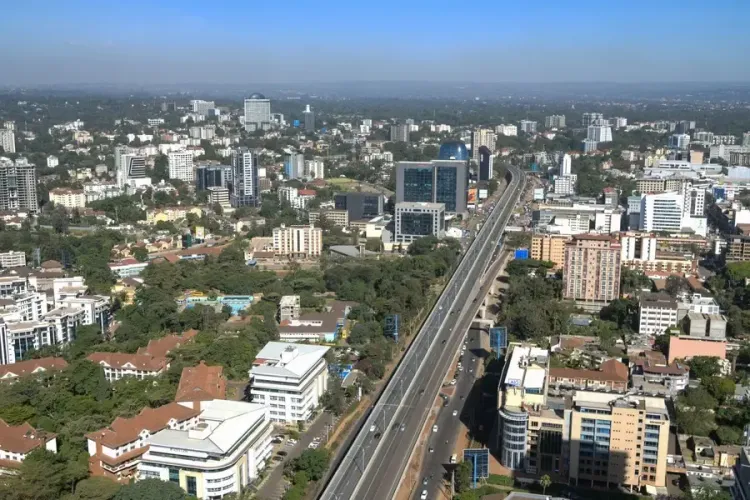UN Report Calls for Transformative Reforms to Strengthen Africa's Economic Resilience

Synopsis
Key Takeaways
- Urgent need for policy reforms in Africa.
- Focus on infrastructure investment and integration.
- Importance of the AfCFTA in economic growth.
- Diversification of exports and support for SMEs.
- Addressing the $194 billion infrastructure deficit.
Abidjan, Feb 12 (NationPress) The United Nations Trade and Development (UNCTAD) unveiled its 2024 Economic Development in Africa Report in Abidjan, the economic capital of Cote d'Ivoire. The report outlines approaches to turn the continent's challenges into opportunities through policy reforms, infrastructure investment, and improved regional trade integration.
UNCTAD Secretary-General Rebeca Grynspan, together with Ivorian Minister of Commerce Souleymane Diarrassouba, presented the findings, stressing Africa's vulnerability to global shocks due to its reliance on commodities and infrastructure deficiencies.
More than half of African nations depend on oil, gas, or minerals for at least 60% of their export income, making them susceptible to fluctuating global markets. Additionally, trade costs in Africa are 50% above the global average, largely due to inadequate transport, energy, and digital infrastructure.
Grynspan pointed out the significant potential of the African Continental Free Trade Area (AfCFTA), which could generate a $3.4 trillion market. "By applying bold reforms, strategic investments, and fully realizing AfCFTA, Africa can become stronger, more resilient, and competitive," she stated.
The report advocates for diversifying exports, enhancing intra-African trade, supporting small and medium-sized enterprises (SMEs)—which account for 80% of Africa's employment—and establishing early warning systems for trade risks.
Grynspan, who chose to unveil the report in Cote d'Ivoire, commended the nation's economic resilience. She remarked that Cote d'Ivoire's growth and performance symbolize regional stability, contributing 40% of GDP growth in West Africa and 30% of foreign investment stocks.
The country alone "contributes 40% of West Africa's GDP growth and attracts 30% of foreign investments in the region," she noted, attributing its achievements to public-private partnerships, infrastructure development, and a strong National Development Plan (PND).
Ivorian Prime Minister Robert Beugre Mambe, who received the report during an important dialogue on national resilience, underscored the private sector's role as the "engine" of the economy, which represents 75% of investments and 26% of GDP. He delineated government initiatives aimed at bolstering businesses, including enhanced logistics, improved digital connectivity, and specialized funding mechanisms, as reported by Xinhua.
"Our resilience relies on our capacity to plan development, control it, and continuously challenge ourselves," added the prime minister.
The report highlights the pressing need to tackle Africa's $194 billion annual infrastructure gap. Key recommendations include tax incentives for industrial growth, regional investment funds, and trade finance solutions for firms affected by crises.
"Africa's future hinges on regional integration," Grynspan remarked, calling for accelerated implementation of the AfCFTA. With strategic reforms, the continent could diminish external reliance, stabilize revenue streams, and promote inclusive growth.
As global challenges persist, UNCTAD's framework provides a pathway for African nations to leverage their collective potential, drawing lessons from success stories like Cote d'Ivoire.
"The experience of Cote d'Ivoire serves as an inspiration for numerous developing countries around the globe," Grynspan concluded.









